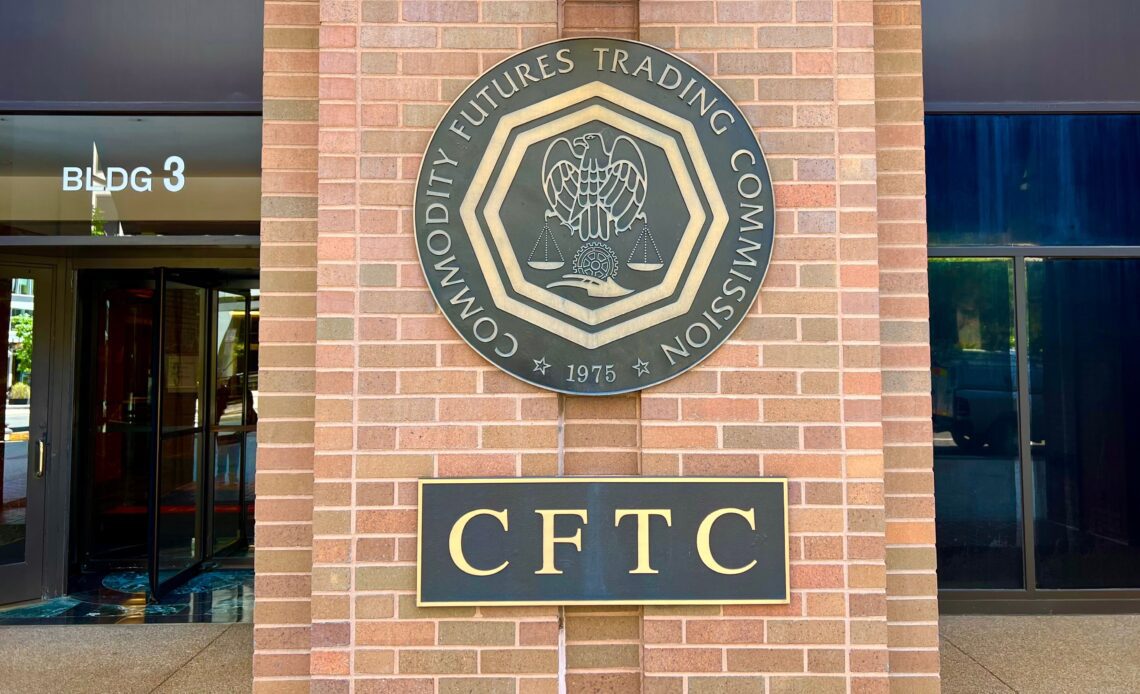Is DeFi done for in the U.S.? Last week, in one fell swoop, the Commodity Futures Trading Commission (CFTC) sued three separate companies building some of the most respectable decentralized finance protocols. Deridex, Opyn and ZeroEx were all accused of illegally offering financial products to U.S. persons without the proper registration.
What’s not clear is whether those financial products would have been otherwise legal, had the protocols’ developers played by the rules and registered.
This is an excerpt from The Node newsletter, a daily roundup of the most pivotal crypto news on CoinDesk and beyond. You can subscribe to get the full newsletter here.
Is there actually a path forward for DeFi in the U.S.?
In its press release, the CFTC was specific about the labels it would have applied to the DeFi apps. Opyn, for instance, a type of decentralized insurance provider, should have had licenses for a “swap execution facility” (SEF) and “designated contract market” (DCM) as well as a “futures commission merchant” (FCM), the agency wrote.
If Opyn had had those certifications, and added a standard know your customer (KYC) setup to meet the requirements of the Bank Secrecy Act (BSA) would things be different? Or, is there something fundamental about the way DeFi operates that will always cut against U.S. law?
Some industry experts like lawyer Gabriel Shapiro have been saying for months that DeFi is a dead-end in the U.S. Ever since the CFTC sued Ooki DAO, Shapiro has been recommending DeFi protocols find ways to block U.S. users.
As it turns out, Opyn was trying to geo-fence U.S. users from the front end website that interacts with the protocol’s underlying smart contract. It wasn’t enough – at least for the CFTC, which noted “those steps were not sufficient to actually block U.S. users from accessing the Opyn Protocol.”
That’s at least because DeFi itself can’t be ring fenced, only the gangways and apps used to access it’s protocols. By nature blockchain-based tools are global and incapable of discriminating against any potential use – as long as you can pay the gas fees, you can transact (that’s the beauty of blockchain).
And yet, despite the fact that DeFi was built expressly to gut the world’s financial regulation and surveillance, there are still a…
Click Here to Read the Full Original Article at Cryptocurrencies Feed…
























